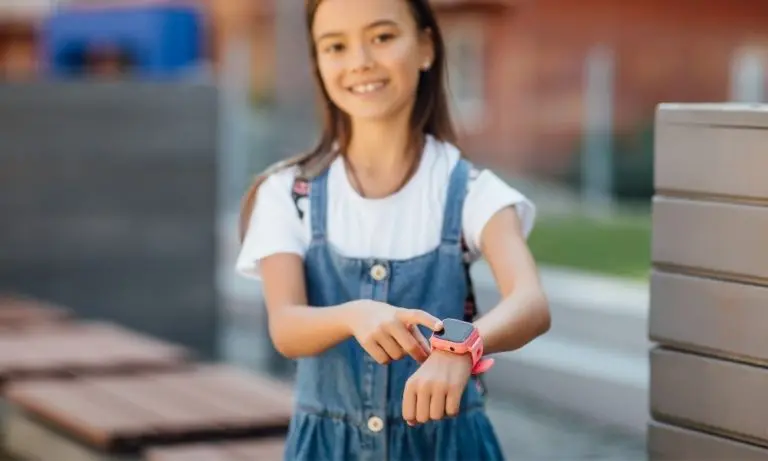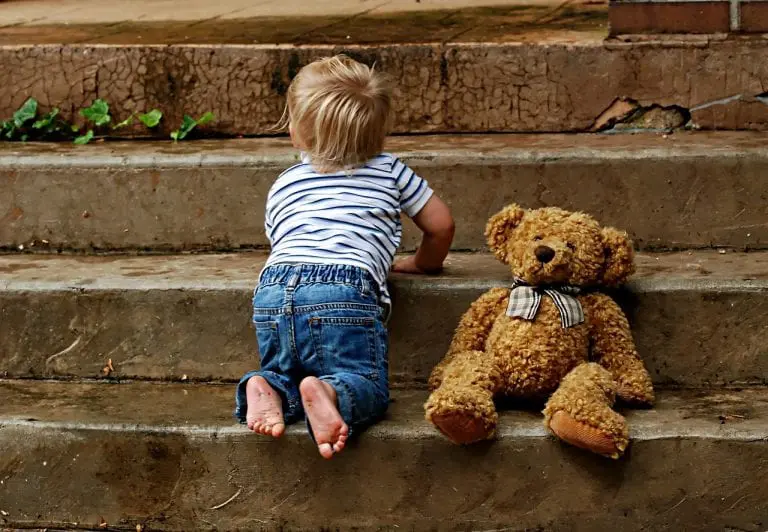Hardwired for Addictive Behavior: How to Tell if your Child is Susceptible to Addiction

It seems that some kids are more susceptible to addiction than others, which then becomes a very real problem when they enter their teenage years and are tempted by the opportunity to seek new experiences as part of their quest for independence and adulthood.
When someone enters rehab for alcohol addiction, for example, there is a reasonable chance that they may have already displayed some of the classic warning signs that they may have an addictive tendency, in their childhood and into adolescence.
Here is a look at some of the potential red flags to look out for in your child’s behavior, which could be an early pointer that they may be susceptible to addiction.
More than just moodiness
Moody behavior characterizes many adolescents who often go through a period of behaving moodily, but there is a major difference between moodiness and long-lasting depression.
There have been some instances of children as young as just five who were diagnosed as suffering from depression, which is a major concern. It is always advisable to observe and try and discuss with your child, any specific behaviors that could indicate they are suffering from depression.
As a parent, you are in a good position to trust your instincts and gauge whether their constant tiredness, a loss of appetite and extreme mood swings, are just adolescent hormonal tendencies, or a sign that they are suffering from depression, which can then escalate into self-medication with drugs and a potential subsequent addiction.
Lack of normal emotions
If you have a child who is either seemingly unwilling or simply unable to experience a range of emotions, this has the potential to lead to substance abuse at some point later.
The reason for this is that to push your feelings away and deny them requires a degree of effort and addicts are known to use drugs as a mechanism for coping with difficult emotions.
You can help this situation be displaying the usual range of emotions in front of your child and talking about why you are feeling angry or sad at a certain time. This could help them to steer clear of emotional avoidance, which is a classic warning sign of a propensity towards addiction.
If you have a child that is displaying emotional avoidance and is not responding to your own efforts to get them to express their feelings to you, it is often advised that you seek some professional guidance to address the issue before it has the chance to create further problems such as an addiction to drugs or alcohol.
Risky behavior
It should be said that risk-taking is an integral part of the sort of rewiring that takes place as your teenager’s brain develops and is perfectly normal, but that risk-taking tendency needs to be properly channeled.
It is known that the level of dopamine, which is a prominent transmitter linked to reward, is often lower in adolescents. However, when they partake in some new and exciting behaviors, a higher level of dopamine are released.
This can mean that an adolescent can experience a much stronger drive to take greater risks that make them feel good, which can mean something relatively normal like trying to master a new skateboard trick for example, or it could make them open to the temptation of trying drugs.
This risk-taking behavior is normal amongst young adults, it just needs to be directed the right way rather than becoming a trigger for experimenting with drug use.
Providing support
It can be a fine line between what is considered to be normal growing behavioral patterns such as risk-taking actions and what could be a pointer towards a pattern that could easily develop into an addiction if is not addressed.
It has to be said that there really is no magic formula for ensuring that your child does not become hardwired for addiction through their early years, but by maintaining a level of brutally honest and open communication with your child, you do at least have a much greater opportunity of identifying and confronting any worrying traits, before they become something more serious.
There is certainly no specific scientific calculation that you can rely on to ensure that your child does not fall into addiction, but at least by providing consistent love and support through their formative years as well as talking to them openly about concerns and issues, you will probably have a better chance of spotting any potential vulnerability.
[info_box type=”pale_box”]Jacob Wallace is a father of two boys and works as a social care support worker. His articles, he hopes, provide useful information relative to parents and other family members in today’s society.[/info_box]
Similar Posts:
- When to Seek Help for Your Mental Health: Signs Every Christian Mom Should Know
- 4 Ways To Help Your Loved One Battling With An Addiction
- What Exactly is Hypnosis and How Does It Work?
- Are You or a Loved One Battling Addiction? How Moms Can Find Help and Hope
- Harnessing the Power of Storytelling for Family Connection and Growth










Yes, your posts do provide very useful information to parents like us. I am myself too a father of two sons. My elder son is doing his masters and is a very sincere child. However, my younger one is in his teens and due to his bad company of friends, he got into alcohol addiction, eight months back.
It came as a shock to both me and my wife when we learnt about this four months back . We searched for numerous alcohol support groups, but my son wasn’t willing to attend any of them due to peer pressure, I guess.
We finally shifted to another city, so that he gets a new environment. We took extra care of him and gave him all our love and support. Thankfully he is three months sober now. 🙂
You are absolutely right in saying that love, support and open conversations with our children pays back well and there is a less chance they would fall back at the hands of addiction.